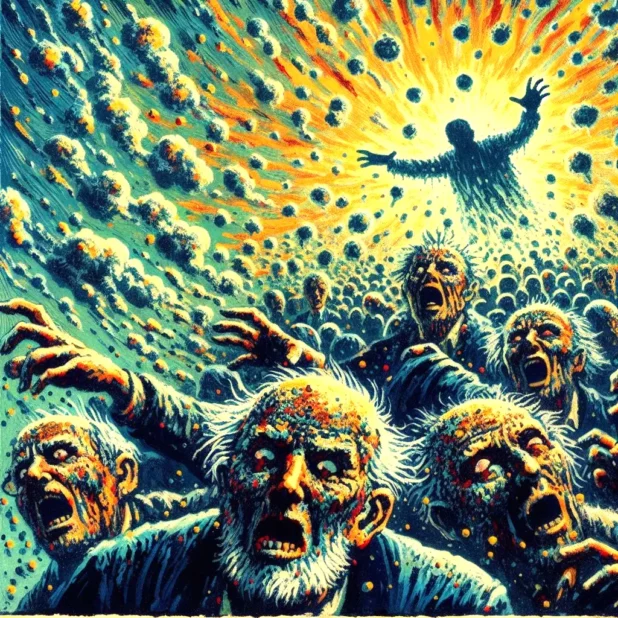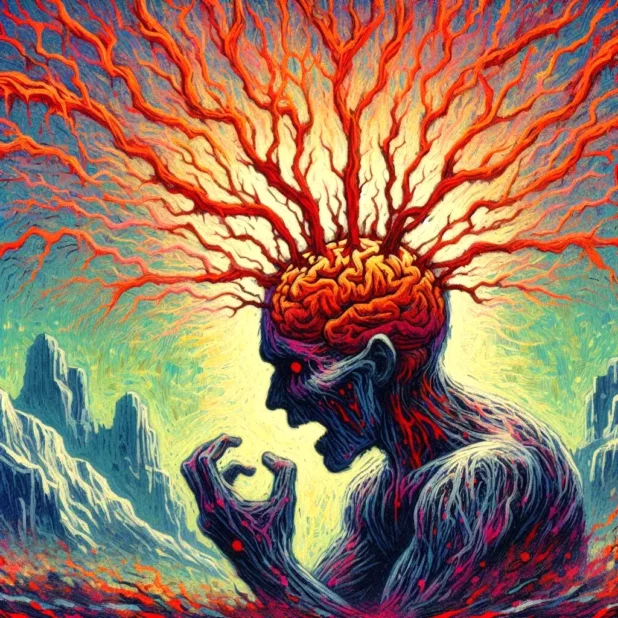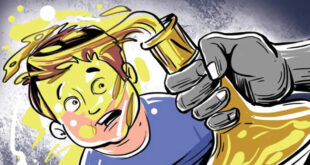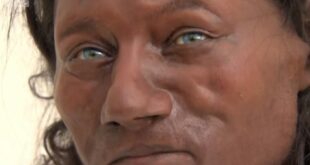The lesson here is: don’t inject growth hormone from a cadaver.
I wasn’t going to do that anyway, but in case you were: don’t do it.
Alzheimer’s can be spread from human to human through rare medical accidents, research suggests, although experts stress there is no evidence the disease can be passed between people through everyday activities or routine care.
Researchers say a handful of people who received human growth hormone from the pituitary glands of deceased donors have gone on to develop early onset Alzheimer’s – likely because the hormones used were contaminated with proteins that seeded the disease in their brains.
“We’re not suggesting for a moment you can catch Alzheimer’s disease. This is not transmissible in the sense of a viral or bacterial infection,” said Prof John Collinge, co-author of the study and director of the MRC Prion Unit.
“It’s only when people have been accidentally inoculated, essentially, with human tissue or extracts of human tissue containing these seeds, which is thankfully a very rare and unusual circumstance.”
The team say the new work adds weight to the idea that Alzheimer’s has similarities with prion diseases, including in the mechanism by which the proteins involved spread across the brain.
Prion diseases, which include Creutzfeldt-Jakob disease (CJD), kuru and BSE, are caused by infectious, misfolding proteins which propagate in the brain. These diseases typically occur spontaneously, however more rarely they can arise from a genetic mutation, or be transmitted via infected brain or nervous tissue.
Writing in the journal Nature Medicine, Collinge and colleagues report how between 1959 and 1985, at least 1,848 patients in the UK received human growth hormone extracted from the pituitary glands of cadavers.
However, the practice was banned in 1985 after it emerged some patients subsequently died of CJD as a result of hormone samples contaminated with CJD-causing proteins.
Of the 80 such cases in the UK, some were also found to have a protein called amyloid-beta in their brains when they died – a hallmark of Alzheimer’s disease. While it was unclear if they would have gone on to develop symptoms of Alzheimer’s, other research showed amyloid-beta was present in some of the hormone batches, and that these triggered Alzheimer’s-like disease if administered to mice.
Researchers have reported findings from all eight people referred to the National Prion Clinic between 2017 and 2022.
All received human growth hormone from cadavers, but did not have CJD. Five had dementia symptoms meeting clinical criteria for Alzheimer’s disease, with onset as young as 38 years old. Three of these patients had brain scans consistent with the diagnosis, while two had biomarkers that met criteria for Alzheimer’s.
Has science gone too far?
 Daily Stormer The Most Censored Publication in History
Daily Stormer The Most Censored Publication in History




